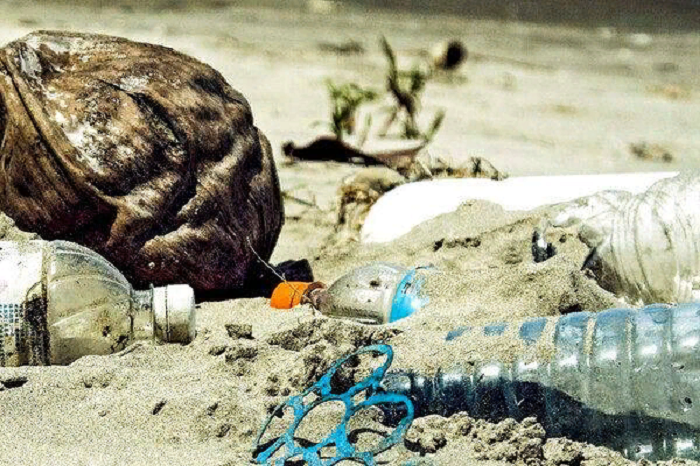Pollutants known as “eternal chemicals” (PFAS), which do not break down in the environment, accumulate in the body and can be toxic, have been found in large quantities in thousands of locations across Europe. Including in Cyprus.
This is stated in a new study by the large cartographic project Forever Pollution Project, which is based on expert methodology, data and thousands of environmental samples.
The map shows that perifluoroalkyl and polyfluoroalkyl substances (PFAS), a family of about 10,000 chemicals valued for their non-stick and detergent properties, have penetrated water, soils and sediments from a wide range of consumer products, fire fighting foams, waste and industrial processes.
The substances were found in approximately 17,000 locations across the UK and Europe.
According to the study, Belgium is the leader in terms of pollution. PFAS in this country has been detected in groundwater in concentrations up to 73 m ng/liter around the Zveindrecht production site.
70,000 people living within a 5 km radius of the plant were offered a blood test to look for the presence of PFAS. The country announced plans to phase out PFAS production “and work towards ending the use of PFAS in its product portfolio by the end of 2025.”
In the Netherlands, an accident involving PFAS in fire foam polluted the ground around Schiphol Airport in Amsterdam, resulting in soils containing extremely high levels of pollution. It was found that some airports and military facilities in Germany have similar problems.
In the UK, the highest levels of PFAS were found in emissions from a chemical plant on the River Wyre, above Blackpool. Fish in the river have been found to contain high levels of PFAS, and flounder contains up to 11,000 ng/kg, according to the Defra Center for Environment, Fisheries and Aquaculture.
“In heavily polluted areas, local authorities should consider testing to ensure that PFAS levels are safe in local products. This would help determine whether local health guidelines and publication campaigns would discourage the regular consumption of wild fish, shellfish, and free-range eggs. PFAS in groundwater is a big problem because if this groundwater is extracted for agriculture or, more importantly, for people as a water source, then you have PFAS in your drinking water and it is very difficult to remove it,” the scientists believe.
In addition to detecting and identifying current or past industrial activity, reporters have identified 21,500 “allegedly contaminated” sites in Europe, mostly in areas around airports that use PFAS-containing firefighting foams.














Leave a Reply